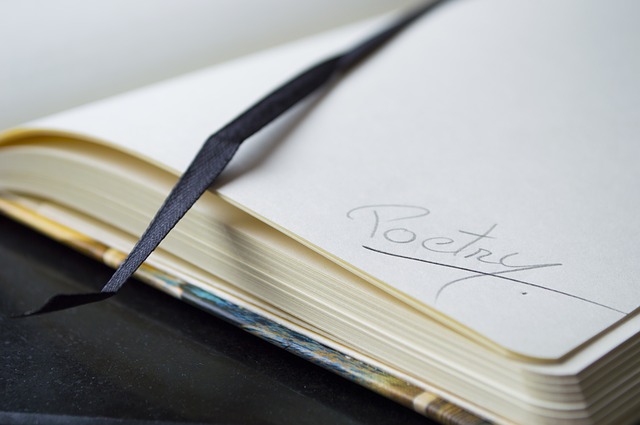May 13, 2018
The Future of Poetry (and why It Is Bleak)
Matthew Arnold has made a famous, as-of-yet-unfulfilled prediction regarding the future of poetry.
The future of poetry is immense, because in poetry, where it is worthy of its high destinies, our race, as time goes on, will find an ever surer and surer stay … Our religion has materialised itself in the fact, in the supposed fact; it has attached its emotion to the fact, and now the fact is failing it. But for poetry the idea is everything; the rest is a world of illusion, of divine illusion. Poetry attaches its emotion to the idea; the idea is the fact.
What Matthew Arnold failed to take into consideration was the paralyzing mediocrity that has overwhelmed this world. Not only has poetry not eclipsed religion (perhaps the term ‘dogma’ is easier to grasp in this context), but it has indeed become virtually extinct itself. The future of poetry looks grim, because the future of humanity looks grim itself.

The Future of Poetry Looks Bleak in a Prosaic World
Prose used to be the “lesser” form of literature, with poetry considered what any serious writer should produce. Things changed over the years, and prose has justifiably created its own space. I find good prose highly imaginative, engaging, and fully worthy of a serious author’s time. But things have changed there, too.
Gone are the times when by “prose” we meant a full-length novel with realistic, deep characters, and a sense-making plot. Now we see chaotic, nonsensical plots, and little skill in storytelling. Even worse, we see how what rises to the top is often not the best but actually the loudest. But brace yourself! Because there is even worse*, namely snubbing writing altogether.
* I’m being my natural self, that is, pessimistic. For a more optimistic take on the future of poetry, feel free to read Alicia Butcher Ehrhardt’s response
As I mentioned in my article about the deterioration of writing skills, we’ve reached the point where people don’t even bother with texts anymore. You take a photo, upload it on Instagram, then write (or, rather, copy/paste) 40 hashtags, and that’s it.
Even Existing Poetry Has Become Lazy and Uninspiring
Poetry used to be an ambitious affair. Who can forget the timeless Iliad or Odyssey, or the magnificent poetry of the Romantic poets, who weren’t afraid to take on larger-than-life projects. When Lord Byron wrote Don Juan, even the dedication is metered and rhyming.
Bob Southey! You’re a poet, poet laureate,
And representative of all the race.
Although ’tis true that you turned out a Tory at
Last, yours has lately been a common case.
And now my epic renegade, what are ye at
With all the lakers, in and out of place?
A nest of tuneful persons, to my eye
Like four and twenty blackbirds in a pye
[…]
Today’s poetry is rarely metered and even more rarely rhyming – that makes them easier to translate, I suppose. Here’s a random example, a poem titled “Beyoncé is Sorry for What She Won’t Feel”, by Morgan Parker.
The Capital’s so icy, I see my
perfect breath. It looks like a body
on its knees. Most days I strut
my figure on lock. A Nation
of Weaves assembles at my
Jimmy Choos, gazes into green light
and falls asleep. First Lady of desire,
I pant for our future. Like America
and wine, I am all legs. A sheepskin
bleached and dyed, left in the sun.
[…]
What Real Poetry Looks Like
To me this comes off as sloppy, lazy, and entirely absent of ambition. I can’t help but feel dejected comparing this with the excellence and brilliance of older poets. Here’s another example by Lord Byron, “The Destruction of Sennacherib”.
The Assyrian came down like the wolf on the fold,
And his cohorts were gleaming in purple and gold;
And the sheen of their spears was like stars on the sea,
When the blue wave rolls nightly on deep Galilee.Like the leaves of the forest when Summer is green,
That host with their banners at sunset were seen:
Like the leaves of the forest when Autumn hath blown,
That host on the morrow lay withered and strown.
[…]
Not even close. Notice how the anapestic meter (every third syllable emphasized) conveys the impression of a galloping horse. This is poetry.
And if you’d like to write poetry with rhymes and meter, check my free poetry assistant!
I don't show you ads or newsletter pop-ups; everything is offered for free. Wanna help support a human internet?
